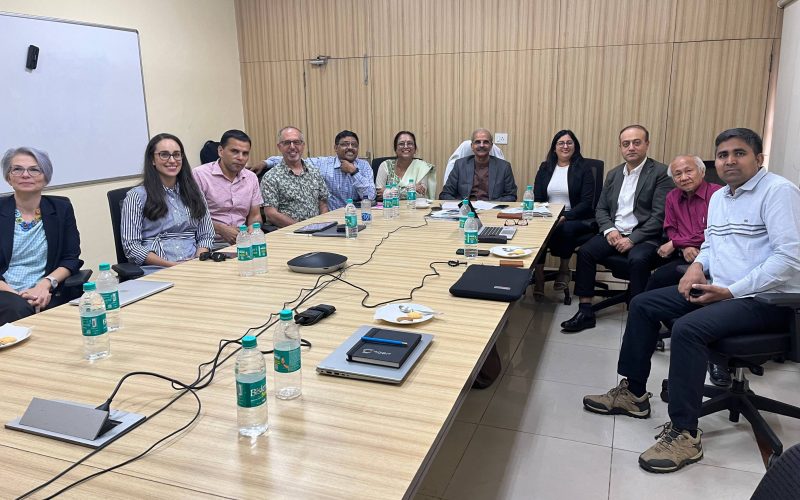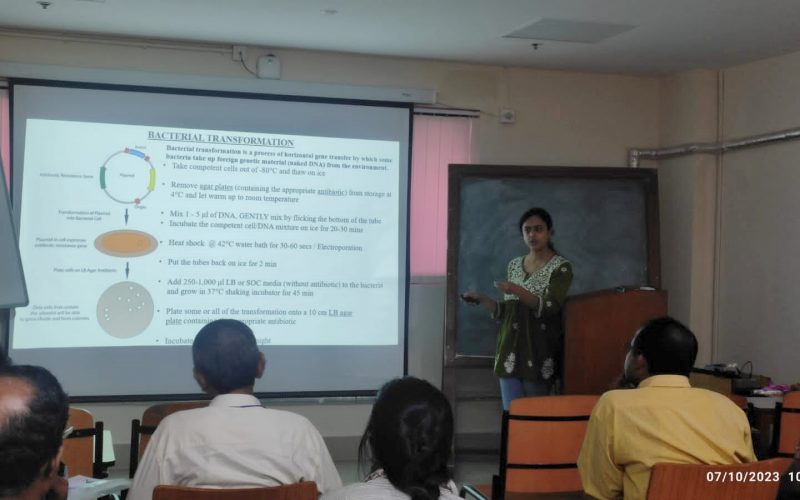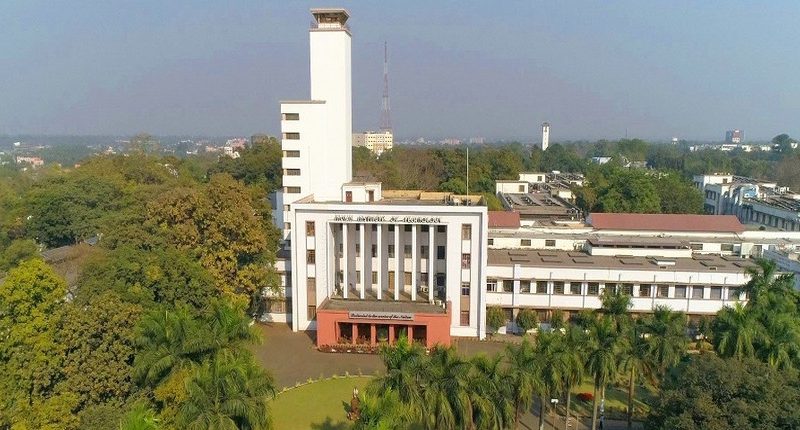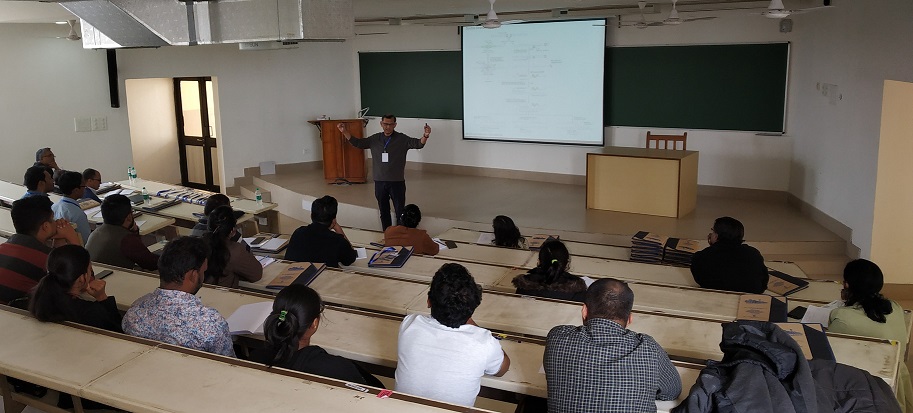
IIT Kharagpur and University of Melbourne forms strategic partnership over MIPA
IIT Kharagpur and The University of Melbourne continue to develop their strategic partnership through the Melbourne India Postgraduate Academy (MIPA), offering opportunities for research collaboration and engagement. Prof. V K Tewari, Director; Prof. Amit Patra, Deputy Director; Prof. Rintu Banerjee, Dean R&D and Prof. Debashish Chakravarty, Associate Dean, Alumni Affairs & International Relations welcomed the Melbourne team and discussed on the further areas of collaborations. A team from University of Melbourne visited IIT Kharagpur, to call for project proposals from engineering, IT, science, medicine, dentistry and health sciences to establish up to three pairs of supervisors (PIs), with each supervisory…



